As we enter the last days of the presidential election campaign, U.S. religious groups that traditionally have leaned Republican are endorsing former President Donald Trump by wide margins, while religious groups that traditionally have favored Democratic candidates are mostly supporting Vice President Kamala Harris.
Trump, Savior of Christianity?
“Christians, get out and vote just this time. You won’t have to do it anymore, four more years. You know what? It’ll be fixed. It’ll be fine. You won’t have to vote anymore, my beautiful Christians. I love you.” Donald Trump made these remarks at the end of a speech at a conservative Christian event urging the “religious right” to turn out for him at the elections.
For years, scholars have tried to explain why conservative Christians so avidly support Donald Trump, a candidate that has lead such a controversial life. Some chalk it up to Trump’s conservative policies, for instance, the ban on abortion. Others have a nostalgia for America’s past – an era when white Christians dominated the country. Yet another factor may also have played a role: the belief that Trump was anointed by God to lead the country.
Donald Trump has been sent by God to bring conservative Christians back from “cultural exile.” That was the vision of another self-styled prophet named Lance Wallnau. According to Wallnau, Trump is the modern-day reincarnation of the Persian king Cyrus II. It was Cyrus who freed the Jews from their exile in Babylon. Wallnau envisioned that in 2016, just before Trump was elected as president.
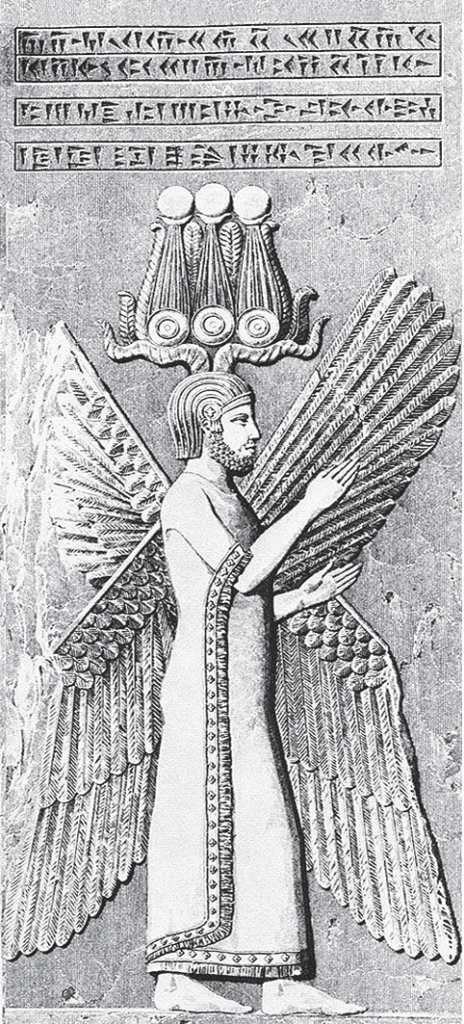
Painting from Charles Texier for Cyrus The Great (Source:Charles Texier/Wikipedia Commons)
Wallnau is a leader of a Christian revival known as the apostolic movement or New Apostolic Reformation (NAR), which emerged in the 1990s. Its adherents believe that God wants them to build his kingdom on Earth. Hindering them are demons who govern vast swathes of the planet. Trump is very popular with members of the Wallnau-led New Apostolic Reformation church. As the Economist writes, it is hard to measure the size of this loosely organized sect. Yet there are indications that it is popular.
Non-denominational churches – a category to which the apostolic movement belongs – are the only branch of Christianity in America that is growing.
Harvest International Ministry, a network launched by an apostle nearly 30 years ago, claims to have more than 25 000 affiliated congregations around the world. The Southern Baptist Convention, the largest religious body in America in terms of number of congregations, still has twice as many churches in America. But it was founded more than 175 years ago.
Trump himself was not a regular churchgoer before he was elected President.
He attended Norman Vincent Peale’s church for a while and praised Peale’s book The Power of Positive Thinking. He has also attended Episcopal churches for several Christmas and Easter services. In 2016, he was described by one prominent evangelical supporter as a “baby Christian.” After he had left the Presbyterian Church – where he was confirmed – he considered himself “to be a non-denominational Christian.” It seems to be a tactical move from him to reach more evangelical voters.
White Evangelicals – Trump’s Religious Army
It is certain, however, that among Christian communities in the US, only non-denominational groups are growing in membership, while traditional Protestants and Catholics are declining: sermons by NAR spiritual leaders reach hundreds of thousands of believers each Sunday through in-person and online participation.
Many Americans agree with the apostolic movement’s tenets. A survey in 2023 by Paul Djupe of Denison University in Ohio found that a quarter of Americans believe in modern-day prophets and prophecies.
In a Pew poll in 2021, more than a third of white evangelicals said the government should stop enforcing the separation of church and state; this survey also found that three in ten Americans believed Trump “was anointed by God to become president”.
Overall, two-thirds of white evangelical Protestants say they have a favorable view of the former president, including 30 percent who have a very favorable opinion of him.
Kamala Harris currently garners more approval than her opponent from Black Protestants (86 percent), Hispanic Catholics (65 percent) and Jewish voters (also 65 percent).
The Democratic nominee also has the backing of roughly two-thirds or more registered voters in various other religious groups: Muslims, Buddhists, and Hindus.
The Democratic Party is also endorsed by atheists and agnostics. The latter being the view or belief that the existence of God, the divine, or the supernatural is either unknowable in principle or unknown in fact. Most agnostics support wokeism (which includes abolition culture, intersectionalism, critical race theory, partly based on neo-Marxist principles), leaving no other choice for the majority of believers than Donald Trump and the Republican Party as representatives of traditional values, said Professor Tamás Magyarics, Senior Research Fellow at the John Lukacs Institute of the Ludovika University of Public Service.
Most Americans don’t think Trump has strong religious beliefs, according to the nonpartisan Public Religion Research Institute poll.
Around 40 percent say the president “is mostly using religion for political purposes.”
White evangelicals see things differently: 59 percent says Trump has strong religious beliefs.
Approximately half of white Catholics (51 percent) express positive views of Trump, as do 47 percent of white non-evangelical Protestants and 45 percent of Hispanic Protestants.
The Followers of the “MAGA Church”
In 2016, 135.5 million voters cast ballots during the presidential elections. According to exit polls, 26 percent of them—35.2 million voters—identified themselves as white evangelicals or born-again Christians. Trump got 80 percent of their votes – a total of 28.2 million voters. That accounts for 45 percent of the 62.6 million votes he received. Four years later, Trump gained roughly five million more white evangelical votes (33.7) and 45.4 percent of his total ballot.
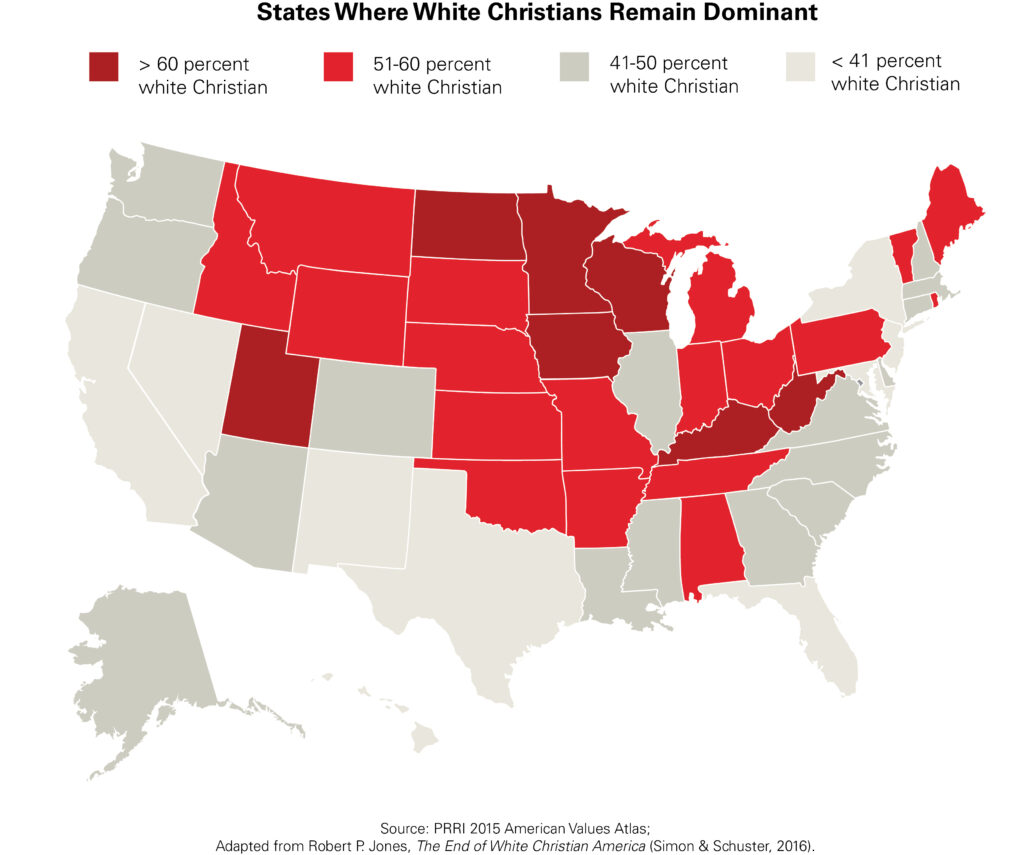
US States where white Christians remain dominant (Source: PRRI Survey/www.prri.org)
The exact number of white evangelicals in the population is a matter of dispute: around 14-16 percent. Whatever figure is used, their proportion in the elections is very high.
Additionally, white evangelicals differ sharply from Americans in general and other religious groups on a wide range of religious, political, and social beliefs.
“White evangelicals are self-isolating because they believe that the rest of the world is evil,” explained Paul Djupe, a political scientist at Denison University in Ohio. “There’s a parallel society among evangelicals that doesn’t intersect with the rest of the world. They not only go to church together. They also go to evangelical plumbers, hair stylists, and others who provide services.”
This transformation has evolved since the 1980s, when President Ronald Reagan embraced the evangelical movement and they embraced him, led by religious and political entrepreneurs like the Rev. Jerry Falwell and the Rev. Pat Robertson.
The MAGA world and white evangelicals are tied together by many ultraconservative beliefs, including attitudes about family and gender, that make them outliers in American society.
While Black, Hispanic, and Asian evangelicals are more conservative than their non-evangelical counterparts but not as blindly right-wing or pro-Trump as white evangelicals.
Not surprisingly, white evangelicals view themselves as victims in a culture war that involves religion, immigration, race, education, gender roles, economics, and individual liberties.
More than half of them say America would be better off if marriage and having children became a priority in society (just one-third of all Americans share the same opinion). Just 27 percent of them believe that abortion should be legal in all cases (that position is held by 65 percent of the whole population). White evangelical Protestant voters stand out for the high level of importance they attach to immigration.
Around eight in ten white evangelicals say immigration will be integral to their voting decision – higher than any other group.
A large majority of white Catholics (72 percent) also say immigration will be a key factor in their decision. Abortion, in turn, is rated as a fundamental issue by atheists (a group that mostly supports legal abortion), and roughly three-quarters of them are influenced by this issue in deciding who they vote for. More than half of agnostic, Jewish, and Black Protestant voters say the same.
Trump is neither religious nor knowledgeable about theology, but he knows how to tap into white evangelicals’ fears of being persecuted and feeling embattled.
Many allies and even Democrats have come out embracing “divine intervention” to help explain how Donald Trump survived a harrowing assassination attempt in Butler, Pennsylvania, back in July. Within hours of nearly losing his life, Donald Trump came out and vocalized to the American people on Truth Social: “God alone who prevented the unthinkable from happening.” Shortly after the tragic event, a Republican Senator, Marco Rubio, shared an iconic photo on X of a bloodied Trump. He tweeted, “God protected President Trump.”
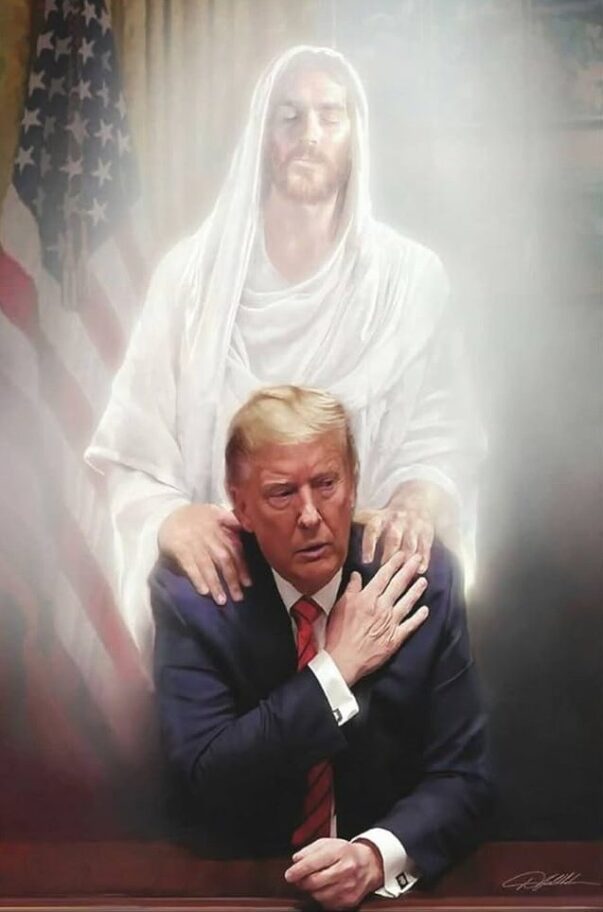
Donald Trump and Jesus Christ Decorative Canvas (Source: CyrilSirgi Twitter profile)
Archbishop Nelson J. Pérez of Philadelphia offered an exemplary episcopal condolence in a statement posted to Instagram following the attack, late on the night of the assassination attempt, saying that he was “deeply saddened and dismayed to learn of the shooting.”
“My faith took on new meaning on July 13 in Butler, Pennsylvania, where I was knocked to the ground, essentially by what seemed like a supernatural hand,” said Trump during an event billed as an “11th-Hour Faith Leaders Meeting”. “And I would like to think that God saved me for a purpose, and that’s to make our country greater than ever before,” he added.
U.S. Foreign Policy and its Religious Ideology
The U.S. has historically viewed itself as a unique nation with a global mission. Seventy-five percent of white evangelicals believe that God has granted America a special role in human history. However, the evangelicals also believe that in recent years, Democrats and liberals have violated God’s will by moving the country in the wrong direction.
It is one of America’s most powerful founding myths – the pilgrims on an errand into the wilderness to create a new model society– “we shall be like a city upon the hill,” which describes America’s exceptionalist role in the world, as “a beacon of hope.”
One of the main ideologists of the overseas expansion of the late 19th century was the Congregationalist minister Josiah Strong. President William McKinley claimed to have received a message from God through prayer. In which God calls him to civilize and Christianize the Filipinos, as Magyarics writes in his article about the nature of U.S. foreign policy.
During World War I, Woodrow Wilson declared that America had an unparalleled opportunity to be the “light” in the world that would shine upon all future generations and to guide “the steps of mankind” toward justice, freedom and peace.
Per his principles, Wilson saw the moral decay of the great European powers, or more precisely, their form of government (monarchies as opposed to democracies), as the primary cause of the war.
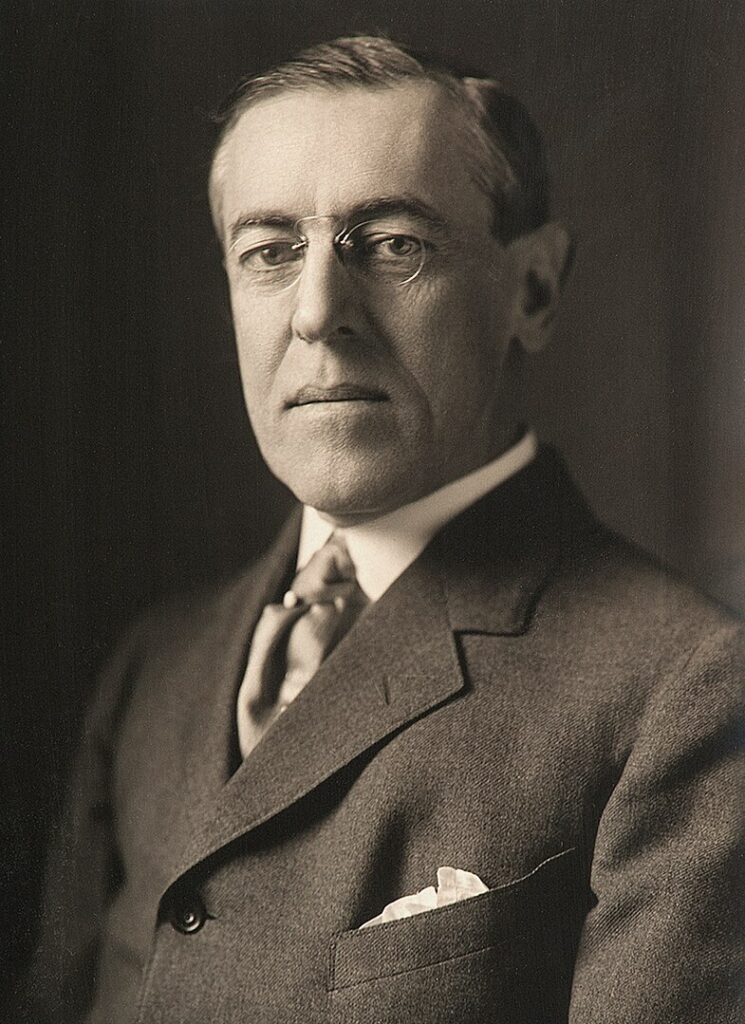
A portrait of President Woodrow Wilson from December 1912
(Source: United States Library of Congress/Wikimedia Commons)
It should be noted that religion had had little direct influence on US foreign policy; only religious communities or interest groups have been able to exert some influence on US policymakers. In the 1950s, it was Cardinal Francis Spellman and the Catholic Church who set the agenda of religious repression in Soviet-ruled Central and Eastern Europe. In recent decades, the best-known such groups have been US Jewish Zionists and Christian Zionists, who support Israel in all circumstances.
President George W. Bush and his circle’s main undertaking in foreign policy was the export of democracy to the Middle East.
One of the partly unspoken religious aims of the idea was to make the region safe for Israel: if democratic states surrounded the Jewish state, its existential threat would disappear.
Bush himself once even talked of a crusade against (radical) Islam, but this rhetoric was quickly replaced by a more modern, secular argumentation of the’ axis of evil’.
Can Religious Voters Decide the Elections?
Catholic voters in seven battleground states favor Donald Trump over Kamala Harris by 5 percentage points.
However, the Vice President leads the Republican nominee overwhelmingly among Hispanic and Black Catholics in those swing states, according to a new poll conducted by the National Catholic Reporter.
The evangelical vote is crucial in swing states.
Research conducted by the Public Religion Research Institute shows that evangelicals make up about a quarter of residents in Georgia and North Carolina, 16 percent of the population in Pennsylvania, and about 12 percent of voters in Wisconsin.
“So far, it is primarily ethnic background, wealth, education, and position on abortion that determine voter preferences (in addition to the ‘lifelong’ Republicans and Democrats),” Professor Magyarics stated. Meanwhile, there is a significant drop in those who consider themselves religious, “American society is becoming more secularized. While 90 percent of people professed to be believers in the 1990s, the figure is now 70 percent,” Magyarics added.

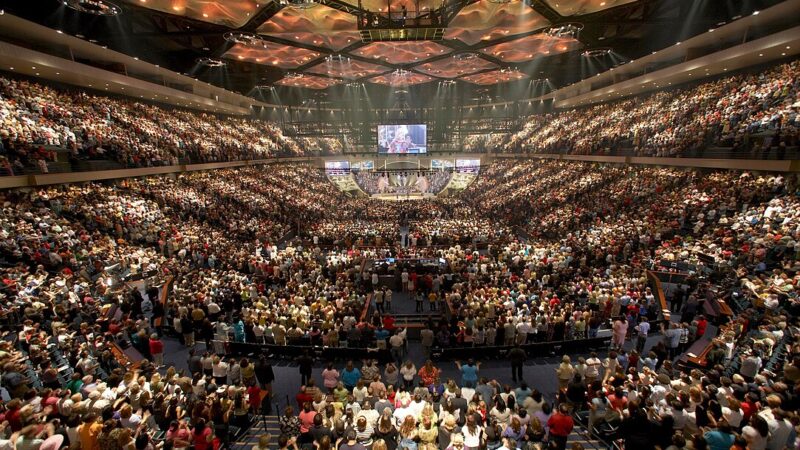
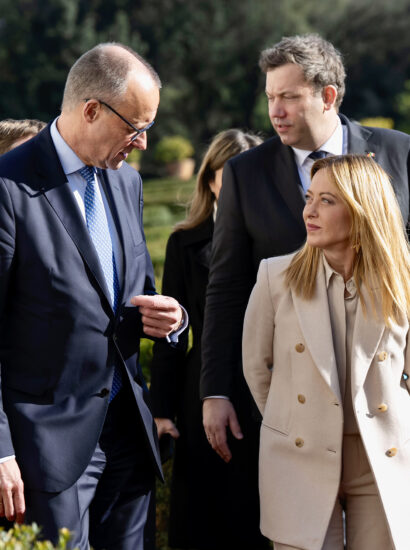
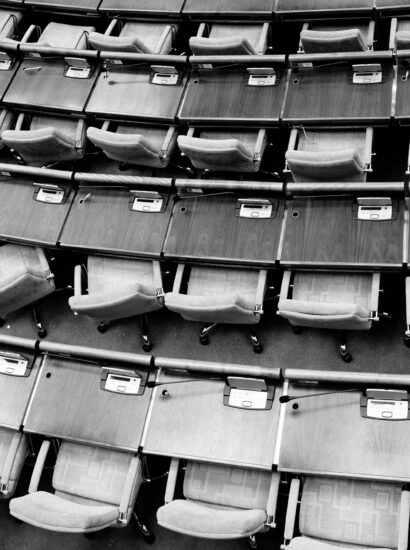
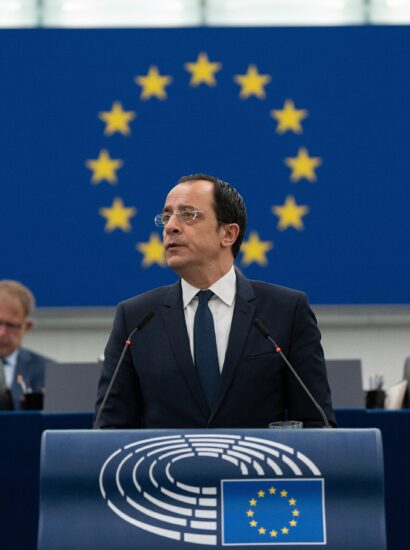
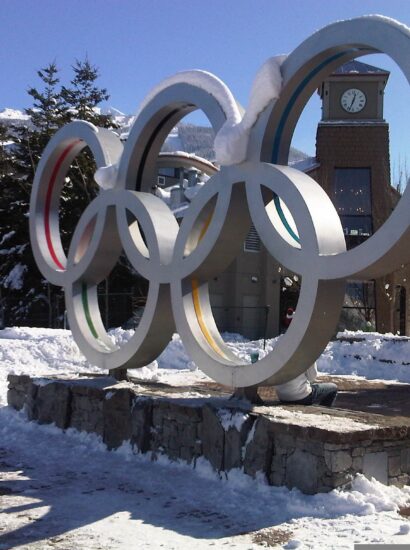


[…] of the nostalgia for the long-lost American dream and Reaganism (hence his stolen slogan) which resonated with many conservatives, religious voters, many of them […]